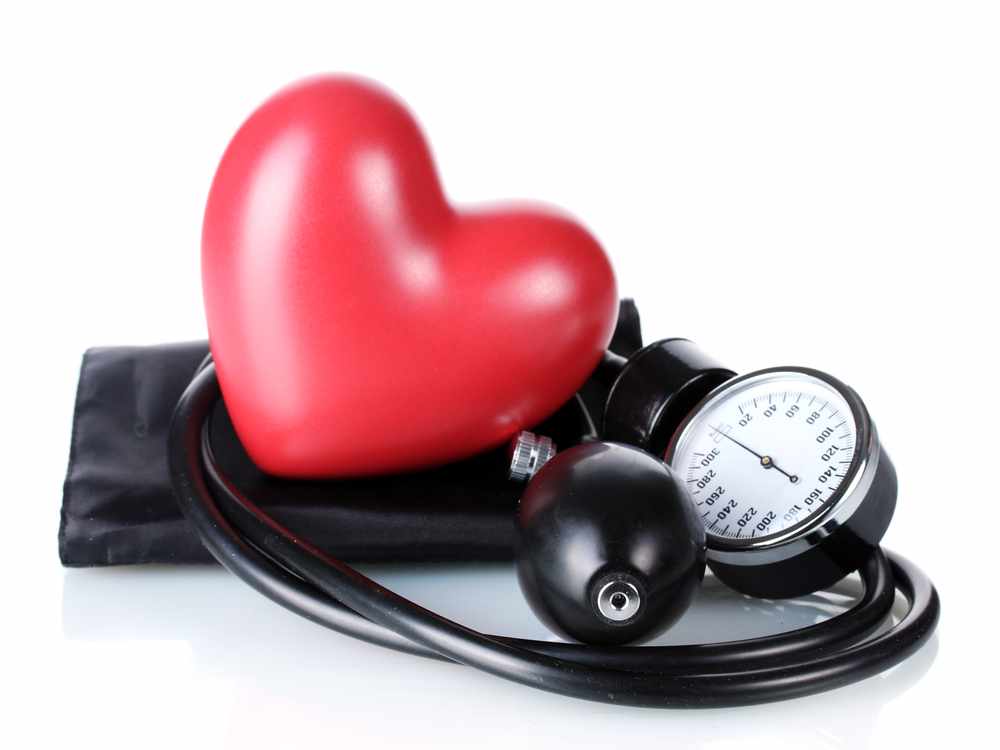 THIS WEEK'S TOP STORIES
THIS WEEK'S TOP STORIES
Blood pressure chart: What your reading means
Blood pressure readings fall into four general categories, ranging from normal to stage 2 high blood pressure. The level of your blood pressure determines the type of treatment you may need. This blood pressure chart can help you figure out if your blood pressure is at a healthy level or if you'll need to take some steps to improve your numbers.
Pneumonia
Pneumonia is an infection that inflames the air sacs in one or both lungs. The air sacs may fill with fluid or pus, causing cough with phlegm or pus, fever, chills, and difficulty breathing. Older adults; children younger than 2; and people who smoke, are hospitalized or have chronic health problems are especially at risk for pneumonia. Vaccines are available. Have you received yours?
EXPERT ANSWERS
Can exercise prevent memory loss?
Exercise has many known health benefits, including reducing the risk of cardiovascular disease and diabetes, strengthening the bones and muscles, and reducing stress. It also appears that regular physical activity benefits the brain. Learn more from Dr. Jonathan Graff-Radford, a Mayo Clinic neurologist.
How can I prevent split fingernails?
Your nails are part of your skin. They are made up of layers of the protein keratin and grow from the area at the base of the nail under your cuticle. Healthy nails are smooth, without ridges, grooves, spots or discoloration. Weak fingernails that tear or split often can be strengthened with some basic self-care steps. Learn more from Dr. Lawrence Gibson, a Mayo Clinic dermatologist.
PLUS ADDITIONAL HIGHLIGHTS
Benign paroxysmal positional vertigo
Living donor kidney transplant
Congenital heart disease in adults
Slideshow: Birthmarks
HEALTHY RECIPES
Vermicelli with asparagus and tomatoes
Spinach frittata
Chicken and coleslaw wrap
Smoked Gouda and vegetable poached egg sandwich
HEALTH TIP OF THE WEEK
Whole grains for a healthy heart
Whole grains are good sources of fiber, and nutrients found in whole grains help promote heart health. To increase the amount of whole grains in your diet, make simple substitutions. Choose breads made from 100 percent whole grains instead of breads made from refined white flour. Select brown rice instead of white rice. Trade sugar-sweetened cereals for whole-grain cereals, such as whole-wheat bran flakes, shredded wheat or oatmeal.
Need practical advice on diet and exercise? Want creative solutions for stress and other lifestyle issues? Discover more healthy lifestyle topics at mayoclinic.org.
Receive a free e-subscription to Housecall and other health newsletters.







